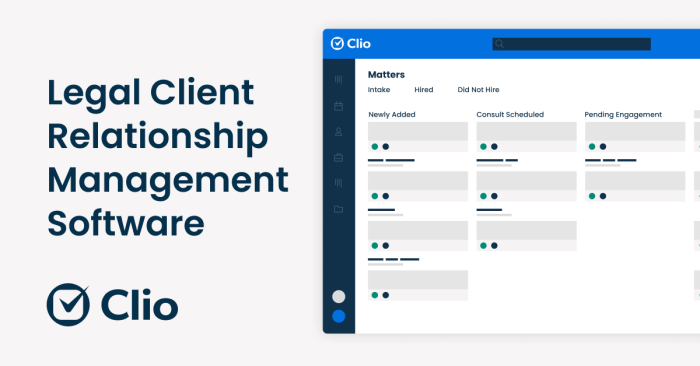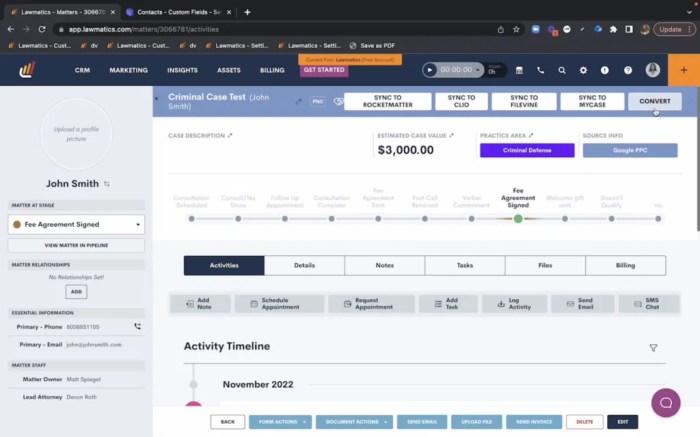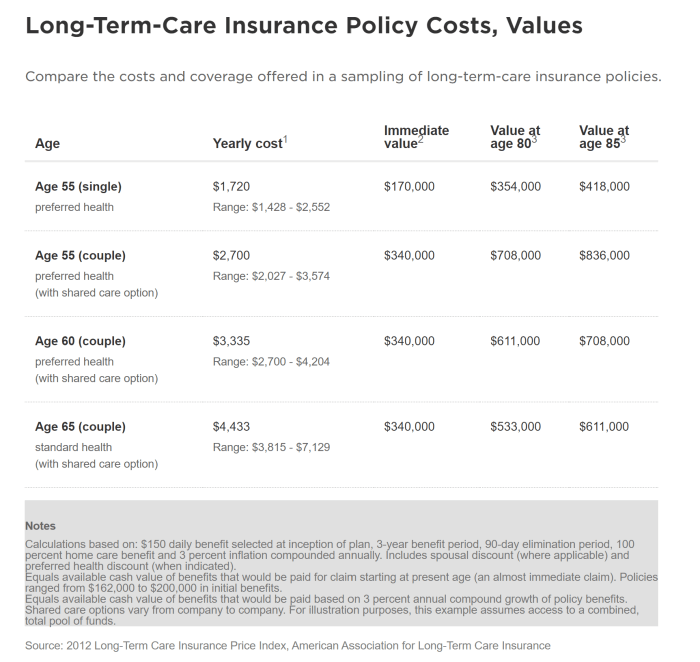Implementation and Training
Legal practice crm for small legal firms – Successfully implementing a legal practice CRM requires careful planning and execution. A phased approach, coupled with comprehensive staff training, is crucial for maximizing the system’s benefits and minimizing disruption to daily operations. Ignoring these aspects can lead to low adoption rates, wasted investment, and ultimately, a failure to achieve the desired improvements in efficiency and client service.A realistic timeline for CRM implementation in a small firm should consider the size of the firm, the complexity of the chosen system, and the existing technological infrastructure.
It’s not a “one size fits all” scenario.
Implementation Timeline
A typical implementation might span 8-12 weeks, broken down into distinct phases. Phase 1 (2-3 weeks) involves data migration and system configuration. This includes setting up user accounts, importing existing client and case data, and customizing workflows to match the firm’s specific processes. Phase 2 (3-4 weeks) focuses on user training and testing. This phase includes hands-on training sessions, practice exercises, and a trial period to identify and resolve any issues.
Phase 3 (3-4 weeks) is dedicated to go-live support and ongoing optimization. This involves providing ongoing support to users, monitoring system performance, and making necessary adjustments based on feedback. Firms with simpler systems or smaller datasets might complete implementation in as little as 6 weeks, while larger firms with more complex needs could require 16 weeks or more. A detailed project plan with clear milestones and deadlines is essential.
Essential Training Elements
Effective training ensures staff proficiency and fosters buy-in. It shouldn’t be a single, rushed session but a multi-faceted approach. This includes initial classroom-style training covering core functionalities, followed by regular refresher sessions and ongoing support. The training should cover data entry, report generation, client communication features, and task management tools. Hands-on exercises and real-world scenarios should be incorporated to solidify learning.
Consider creating quick reference guides and video tutorials for easy access to information. Finally, establishing a dedicated support channel, such as a designated staff member or an internal help desk, can address immediate questions and concerns.
Potential Obstacles and Solutions
Resistance to change is a common hurdle. Staff may be resistant to learning new software or may feel overwhelmed by the transition. To overcome this, emphasize the benefits of the CRM, such as improved efficiency, better client service, and reduced administrative burden. Address concerns openly and provide adequate support throughout the implementation process. Another obstacle is inadequate data quality.
Inaccurate or incomplete data will hinder the CRM’s effectiveness. Before implementation, ensure data is cleaned and standardized to ensure accurate reporting and analysis. Technical issues can also arise, so selecting a reliable vendor with robust support is critical. Having a contingency plan for addressing technical problems is essential to minimize downtime and frustration.
Effective Communication Strategies
Open and transparent communication is key to successful implementation. Regular updates, both formal and informal, should be provided to staff. This could include newsletters, email updates, or team meetings. Involve staff in the selection and implementation process to foster a sense of ownership and buy-in. Encourage feedback and actively address concerns.
Celebrating milestones and acknowledging staff contributions can also boost morale and motivation. For example, a small firm might hold a team lunch after the successful completion of a major phase of implementation, rewarding their efforts and reinforcing positive team dynamics.
Cost and Return on Investment (ROI)

Implementing a legal practice CRM represents a significant investment, but the potential returns can substantially outweigh the initial costs. Understanding the various pricing models and the potential cost savings is crucial for small legal firms considering this technology. A thorough ROI analysis will illuminate the long-term benefits, both tangible and intangible.
Legal Practice CRM Pricing Models, Legal practice crm for small legal firms
Legal practice CRMs offer diverse pricing models catering to different firm sizes and budgets. Subscription-based models are prevalent, typically charging a recurring monthly or annual fee. This fee often varies based on the number of users, features included, and data storage capacity. Some vendors offer tiered subscription plans, allowing firms to select the package best suited to their needs.
One-time purchase models are less common, usually involving a higher upfront cost with limited or no ongoing support. This model might be attractive to firms with very specific needs and a preference for owning the software outright. Finally, some vendors employ a hybrid model, combining a one-time purchase with ongoing subscription fees for support and updates.
Cost Savings Associated with CRM Use
The adoption of a legal practice CRM translates into significant cost savings in several areas. Reduced administrative time is a primary benefit. Automating tasks such as client intake, scheduling, and document management frees up valuable staff time, reducing labor costs. Improved billing accuracy and efficiency is another key advantage. CRMs streamline the billing process, minimizing errors and speeding up payment collection, leading to improved cash flow.
Furthermore, enhanced client communication and reduced reliance on manual processes minimize the risk of missed deadlines and potential legal complications, thereby avoiding costly mistakes. For example, a firm spending 10 hours per week on manual client communication and billing could save approximately $26,000 annually at an average hourly rate of $50.
Hypothetical ROI Scenario Over Three Years
Let’s consider a small law firm with three lawyers and one administrative assistant. They currently spend approximately 15 hours per week on administrative tasks related to client management and billing. Implementing a CRM with a monthly subscription fee of $500 could reduce this time by 50%, saving 7.5 hours per week. At an average hourly rate of $50, this translates to a weekly cost savings of $375, or $19,500 annually.
Over three years, this would amount to $58,500 in direct cost savings. Subtracting the total CRM cost ($18,000 over three years), the net savings are $40,500. This represents a significant return on the initial investment. This scenario is realistic for many small firms facing administrative bottlenecks.
Intangible Benefits of a Legal Practice CRM
Beyond the quantifiable cost savings, CRMs offer intangible benefits that significantly enhance the firm’s operations and reputation. Improved client satisfaction stems from better communication, faster response times, and more organized case management. This leads to increased client loyalty and referrals. Enhanced firm reputation is another significant benefit. A well-organized and efficient firm projects professionalism and competence, attracting high-quality clients and talent.
Data-driven insights provided by the CRM can also inform strategic decision-making, improving overall firm performance. These intangible benefits are difficult to quantify directly, but their impact on the firm’s long-term success is undeniable. For instance, a 10% increase in client retention due to improved communication can translate to substantial revenue growth over time.
Choosing the Right CRM: Legal Practice Crm For Small Legal Firms

Selecting the appropriate Customer Relationship Management (CRM) system is paramount for small legal firms seeking to streamline operations, enhance client communication, and ultimately boost profitability. A poorly chosen CRM can lead to wasted resources and decreased efficiency, while a well-integrated system can significantly improve the firm’s overall performance. This section Artikels key considerations for small legal firms embarking on this crucial decision.
Key Factors for CRM Selection
Small legal firms must prioritize factors aligning with their specific needs and budget. Scalability, ease of use, integration capabilities, and the level of support offered by the vendor are critical. The CRM should seamlessly integrate with existing software, such as accounting and document management systems, to avoid data silos and streamline workflows. Furthermore, the system should be intuitive enough for all staff members to use effectively, minimizing the learning curve and maximizing adoption.
Finally, robust customer support is crucial, ensuring timely assistance when issues arise. Consider the firm’s future growth projections; a scalable CRM will adapt to the firm’s evolving needs without requiring costly replacements down the line.
Checklist of Questions for CRM Vendors
Before committing to a purchase, small legal firms should thoroughly vet potential CRM vendors. This involves a comprehensive questioning process to ensure the chosen system meets their requirements.
- What specific features does your CRM offer to manage legal cases, clients, and documents?
- What is the cost of the software, including any implementation, training, and ongoing maintenance fees?
- What level of customization and integration options are available?
- What is your customer support structure and response time?
- What security measures are in place to protect client data?
- Can you provide case studies or testimonials from similar-sized law firms?
- What is your data migration process and how will it impact our current workflow?
- What training and ongoing support will be provided to our staff?
- What are the system’s reporting and analytics capabilities?
- What is your company’s track record of reliability and stability?
CRM Systems for Specific Legal Specializations
Different legal specializations have unique requirements. For instance, a personal injury law firm might need a CRM with robust case management features to track medical records, settlement negotiations, and deadlines. Conversely, a corporate law firm may prioritize features facilitating client relationship management and document sharing for complex transactions. A family law firm would benefit from a system allowing for secure communication with clients and the ability to manage sensitive client information according to stringent privacy regulations.
These specialized needs necessitate selecting a CRM that can be tailored or offers features directly addressing the firm’s particular area of practice. For example, a CRM with built-in legal document templates could significantly benefit a real estate law firm.
Ideal CRM Selection Process for Small Legal Firms
The ideal selection process involves a multi-stage approach. First, the firm should define its specific needs and budget constraints. Next, research potential CRM vendors and narrow down the options based on initial assessments. Then, conduct detailed demonstrations and request proposals from shortlisted vendors. The firm should thoroughly evaluate the features, cost, and support offered by each vendor before making a final decision.
Trial periods, where available, are invaluable in assessing the usability and practicality of the system within the firm’s environment. Finally, a detailed implementation plan should be developed and executed, including comprehensive staff training. This methodical approach ensures a smooth transition and maximizes the benefits of the chosen CRM.



